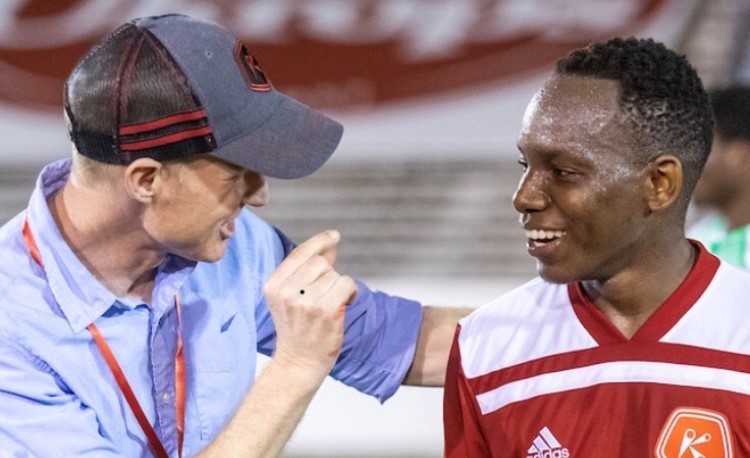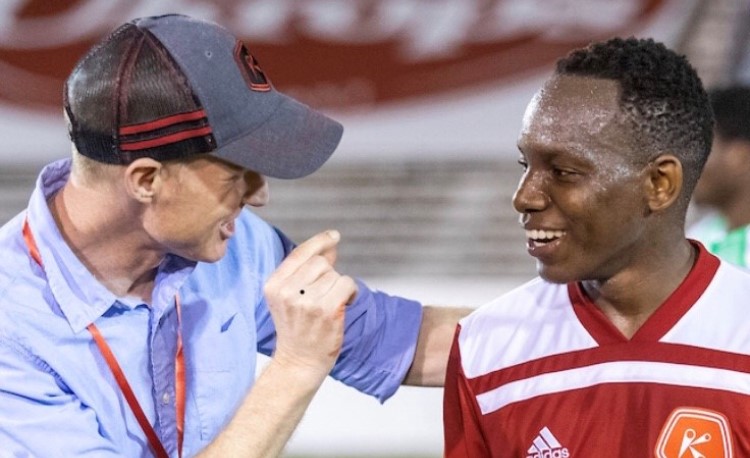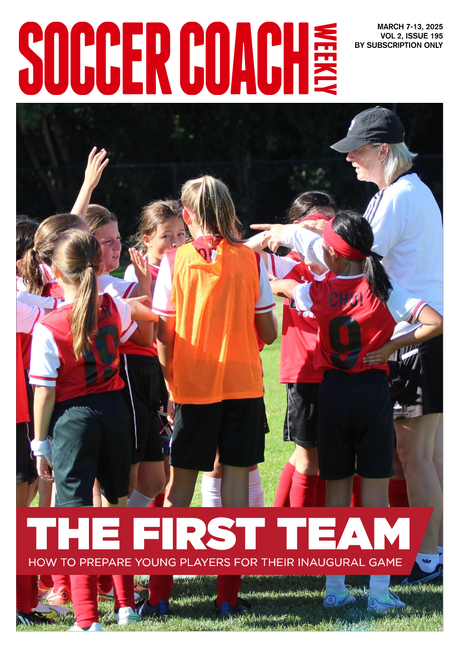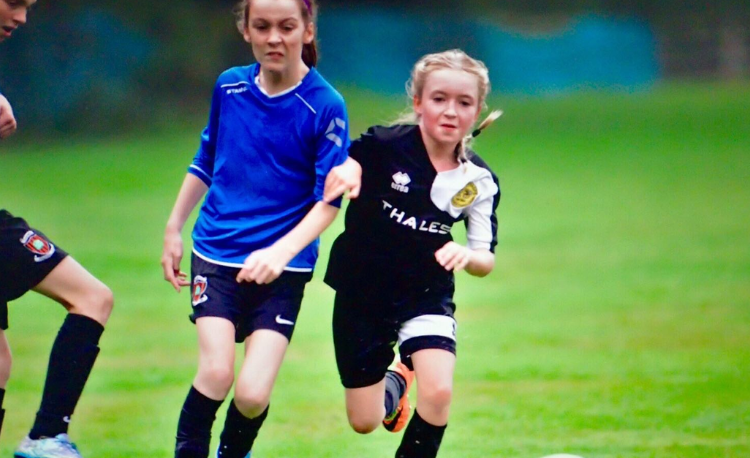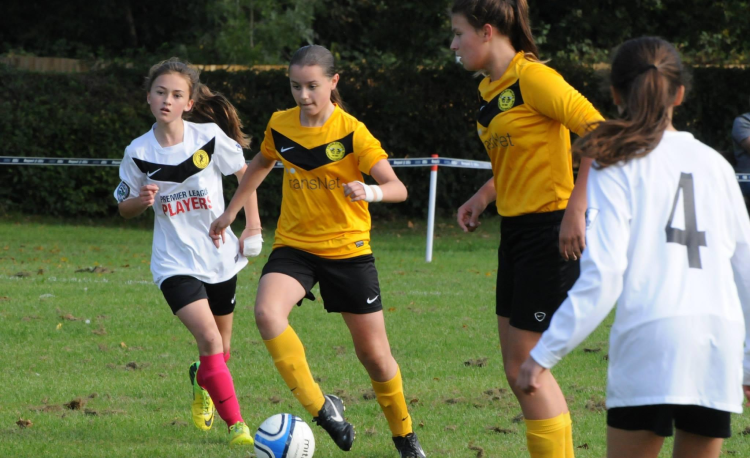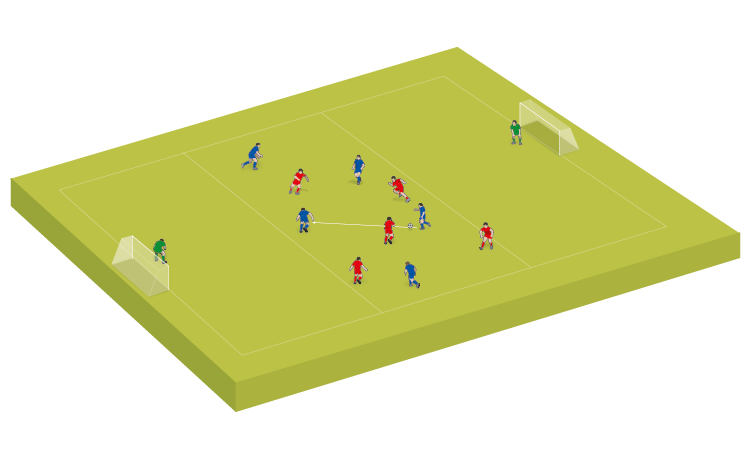Matt Spear: Put 'mental fitness' first to foil burnout
College-coach-turned-wellbeing-expert Matt Spear tells Steph Fairbairn how leaders in soccer can spot warning signs and improve their mental health
Matt Spear has had numerous different lives in soccer – as a player at NCAA Division I program Davidson College, a sports marketer, returning to his alma mater as a full-time coach for 18 years, and president and general manager for the third-tier US pro side Richmond Kickers.
During his time at the Kickers, a number of things collided, resulting in Matt experiencing what he calls a "dark depression" as the result of burnout.
It is what led him to his current role – a life coach and wellbeing advisor. He works with a number of clients, including the United Soccer Coaches’ national office staff and various athletes and coaches.
SCW caught up with Matt at the United Soccer Coaches convention to chat about why coaches are so susceptible to burnout, what some of the signs might be, and how open coaches should be about their mental health in front of their players…
SCW: What is it about coaching that can specifically lead to burnout?
MS: "Coaches are leaders and I think the common stereotype is the leader always knows what he or she is doing.
"They are always available. They never say no. They will always take on more responsibility. They are dialed into every single piece of the organization. And when stuff goes bad, it goes straight to them.
"Those are all the common stereotypes of situations that the leader is unfortunately taking on, and as a result is kind of set up for burnout, running out of steam, having stress and losing touch with their wellbeing, their family and relationships.
“Our model needs to shift. A lot of times when I do life coaching with very successful people - not just soccer coaches - I try to remind them that they are a human first and their title second.
"[It’s about] making sure they put their wellbeing top of mind, that they don’t over-identify with their job, that they can say ’no’ or ’I don’t know’, that they can ask for help, that they have a stronger capacity to give when they are healthy and balanced and actually have some space to breathe.
"Those are really big pieces that leaders need to remind themselves of. They are part of the organization, they don’t need to see themselves always at the top of the pyramid."
"Leaders are set up for burnout. I remind them they are human first, title second..."
SCW: What about a coach who is struggling with the pressures of their job or family? They want to start building things in, but say ’I don’t have time’ and ’I can’t put this down, it depends on me’. How do they get started?
MS: "We all do that as leaders, right? ’Woe is me’, ’I can’t say no’, ’I’m always on the go’, ’I’ve got problems’.
"Part of that is the human brain, as psychologists have proven, has an inherent negative bias. Its number one goal is to keep us alive.
“Millions of years ago, it helped us escape from a sabre-toothed tiger jumping out of the wilderness.
“Now, in a safer community, we don’t need that high level of stress, of inherent negative bias, but we still do, because the brain hasn’t really changed that much since those days.
“What we need to do is recognize we have that inherent negative bias. Psychologists have said that, of the 20,000 thoughts we have a day, plus or minus, 70% to 80% trend negative.
"Another stat that psychologists have proven is that negative experiences stick on a four or five to one ratio to positive experiences.
"Again, it’s that safety mode. So when I work with athletes, they will say, ‘I’m so worried about this penalty kick’. I say, ’That’s natural. Let’s just focus on what we can do to become calm and clear and confident’.
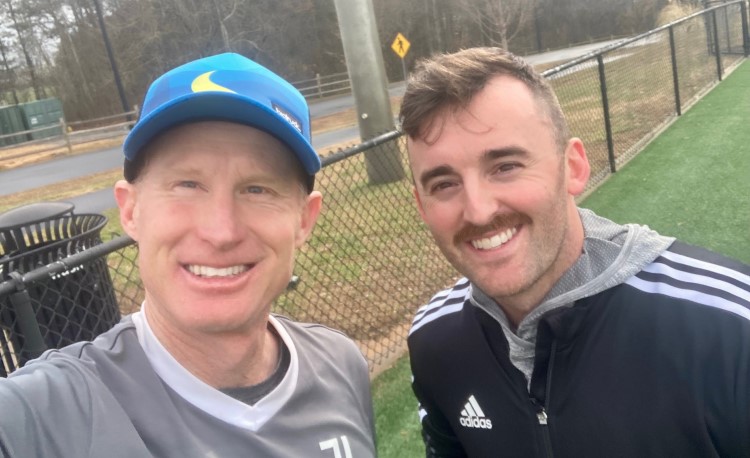
"Those are the three words I use a lot when I describe the term ’mental fitness’ - calm, clear, and confident.
"’Calm’ - do a couple of deep breaths before you take your penalty kick.
"’Clear’ - not thinking [about] the past, but thinking about this task right now. My planted foot is going to go there, my [other] foot’s going to strike the ball, I’m going to hit it hard toward that side of the goal.
“’Confident’ – I believe in myself and if I don’t make the play, I’m going to be fine. That confidence is bliss, but it’s also not taking it so seriously that it’s life or death.
“So those are examples where I think athletes and coaches can try to train their brain, because it’s such an underutilized, competitive edge, the human brain.
"Most of the focus for soccer coaches is the technical, tactical and physical components. I call those your hardware.
“Your brain, your psychological [elements], is the software. On game day, in moments of stress and challenge, psychological is really what’s going to matter most.
“We all know plenty of great players at the youth [level] all the way up to the Premier League that are great at practice, but they can’t handle stress because something is going on and they don’t respond to it well.
"So, really, training mental fitness should be a focus of coaches, of club directors and of parents. We should lean more into our mental game because it really is a pivotal piece for both performance and wellbeing."
SCW: Often when we’re approaching burnout, the signs are there. What kind of signs could coaches look for that would say to them to maybe take a moment?
MS: "Sleep is always one of the first things I talk about as a life coach. If someone is not sleeping well, they need to understand that sleep is critical and you shouldn’t cut corners.
"Sleep is when your brain and body not only restores and catalogues what happens that day, it strengthens, recovers and builds immunity to move forward.
"Every time we take away from quality and quantity of sleep, we’re setting ourselves up for failure. We’re not going to be our best.
"If someone is not sleeping well, it could be for a number of reasons. It could be stress, taking work to bed, alcohol, caffeine, lack of exercise or sunlight. It could be poor sleep hygiene.
"Second [issue] would be not knowing why they do what they do. If someone can’t explain to me, pretty quickly, ’why do you do this job?’, that’s pretty telling that they are lacking some kind of conviction or purpose.
"If they are feeling anger, a lot of regret or sadness [and] those things are flowing more rampantly than good feelings, they need to take a time out and talk to somebody.
"We should lean more into our mental game because it is pivotal for performance..."
“It could be someone like me as a life coach, it could be a therapist if it’s really getting a bit dark in terms of depression and anxiety, which I have faced.
"Self-awareness is a cliche, but it’s not something that enough people really think about - ’Why do I do what I do?’, ’Am I happy?’, ’Do I need to change what I’m doing?’, ’Do I need to lean into wellbeing in a different way?’."
SCW: Do you think coaches should be really honest with their athletes about their own mental health?
MS: "If a coach walks in on the first day and says, ‘Hey guys, hey girls. I’m depressed, I’m anxious, and I have really dark moments’, that’s hard for them to take.
"We don’t have to go to that extreme. What we can do is not pretend we are perfect and we have all the answers.
“As a coach, we can model wellbeing principles. Tell your athletes, ’I eat well, I sleep well, I hydrate well’ and do those things in front of them.
"Be able to say, ‘My energy’s a little bit low today. I didn’t sleep well. I was a little stressed last night, but today is practice, I’m going to be 100% as well as I can, and we’re going to play a lot. Let’s go!’.
“The coach doesn’t have to be perfect. They can open up and share as much as they want to, depending on the age group and their level of understanding of what is going on in life."
Related Files
Newsletter Sign Up
Coaches Testimonials

Gerald Kearney, Downtown Las Vegas Soccer Club

Paul Butler, Florida, USA

Rick Shields, Springboro, USA

Tony Green, Pierrefonds Titans, Quebec, Canada
Subscribe Today
Discover the simple way to become a more effective, more successful soccer coach
In a recent survey 89% of subscribers said Soccer Coach Weekly makes them more confident, 91% said Soccer Coach Weekly makes them a more effective coach and 93% said Soccer Coach Weekly makes them more inspired.
*includes 3 coaching manuals
Get Weekly Inspiration
All the latest techniques and approaches
Soccer Coach Weekly offers proven and easy to use soccer drills, coaching sessions, practice plans, small-sided games, warm-ups, training tips and advice.
We've been at the cutting edge of soccer coaching since we launched in 2007, creating resources for the grassroots youth coach, following best practice from around the world and insights from the professional game.
